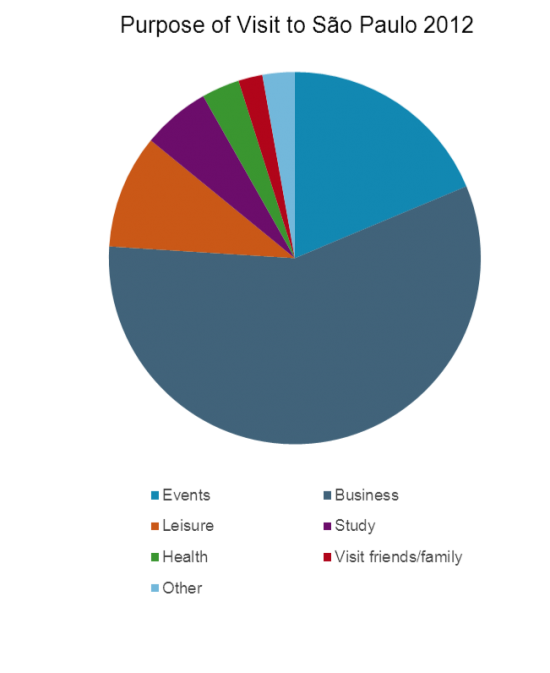Until relatively recently people who have volunteered abroad, and had a bad experience, have tended to give the operator the benefit of the doubt. They have either taken the blame up on themselves or given the organiser or operator the benefit of the doubt. That has begun to change as, mainly through social media, awareness has been raised about some of the issues.
We have had panels on volunteering abroad at WTM for a couple of years and contributed to raising awareness about the issues. Mark Tanzer, Chief Executive of ABTA, chaired a panel discussion in 2012 where many or the issues were raised and there was a particular focus on the danger of the demand for orphanage tourism creating a supply, where demand was so strong and lucrative that non-orphans are “recruited”, removed from their homes, and used in “orphanages” to meet demand from volunteers and visitors. Last year we looked at what the industry could do to improve the experience for the volunteers and to ensure that the communities with whom the volunteers work benefit.
This year we are focussing on helping the potential volunteer, and schools, colleges and universities which promote volunteering opportunities, to identify opportunities which meet the expectations and needs of volunteers and communities, which do not exploit communities or volunteers, and which are safe. We’ve a mix of operators and university advisors sharing best practice.
David Coles is the Volunteer Coordinator at the London School of Economics and he’ll be talking about how they help students find really good volunteering abroad opportunities and Student Hubs runs Impact International. Sallie Grayson of peopleandplaces will be talking about their questions to ask, advice for potential volunteers about how to choose the best opportunities
Attitudes are changing, and in quite profound ways Go Ethically is “A campaign for ethical voluntourism, fighting for both the volunteer and the communities in need. No selfies with orphans. No ego trips.”
On social media more returned volunteers are raising the issues and some are naming the organisations or companies involved. Volunteers in Africa Beware and Negative Volunteer Reviews are just two examples.
The WTM panel is designed to enable universities, colleges and individuals to make better choices and to help the providers identify the issues and to address them responsibly.
Other resources
The was a google hangout recently on how to mend rather than end volunteering abroad.
Tourism Concern have a one day conference on ethical volunteering on 25th October .



I am a Ugandan and indeed it has become a very serious problem that orphanages are now being used by selfish people as a source of revenue. Once donor money is given to some of these sham organizations that pretend to be very caring, its unfortunate that this money is then diverted into their own personal businesses. The children are then left to suffer as the money doesn’t really serve the purpose for which it was intended.
Going forward, I think it will be very important to carefully scrutinize the organizations dealing with such kind of organizations before any kind of support is given.
Appreciation to all the donor agencies and companies that have supported Uganda over the years. Lets focus on responsible volunteer tourism so that the world can be a better place while we also fulfill our goals in life.
That’s great! In Brazil as a cooperative, Cooperbom Turismo based in Bahia State, has been working in partnership with local institutions and abroad with volunteer working. We also as a sender organisation have two volunteers in Europe (Italy and Romania) and we will have new volunteers working in our local institutions in 2015.